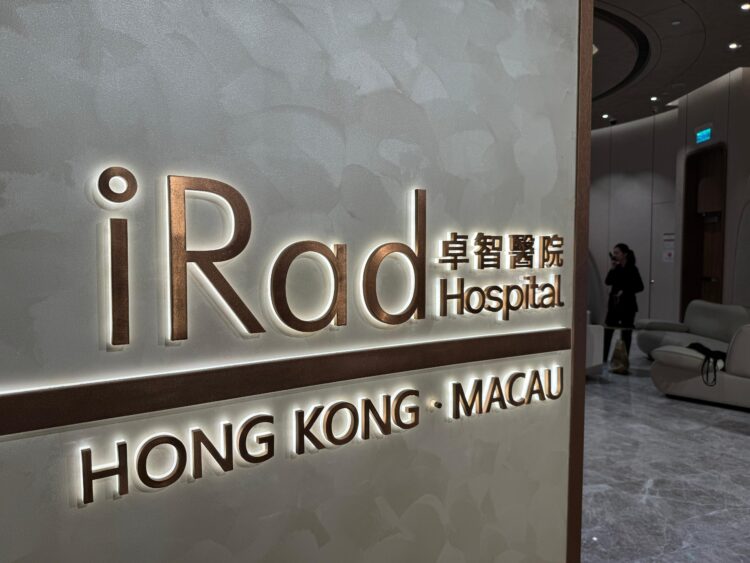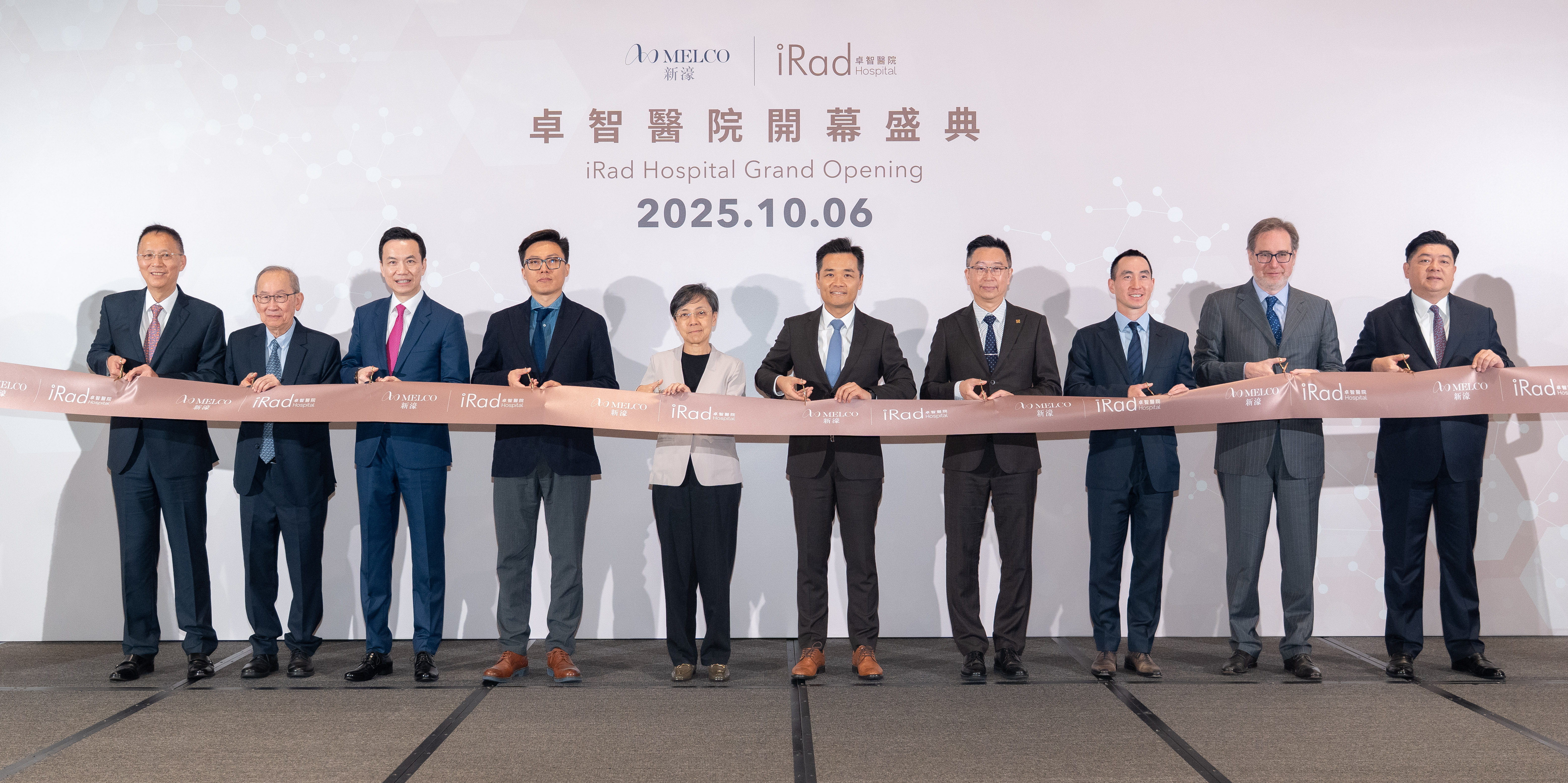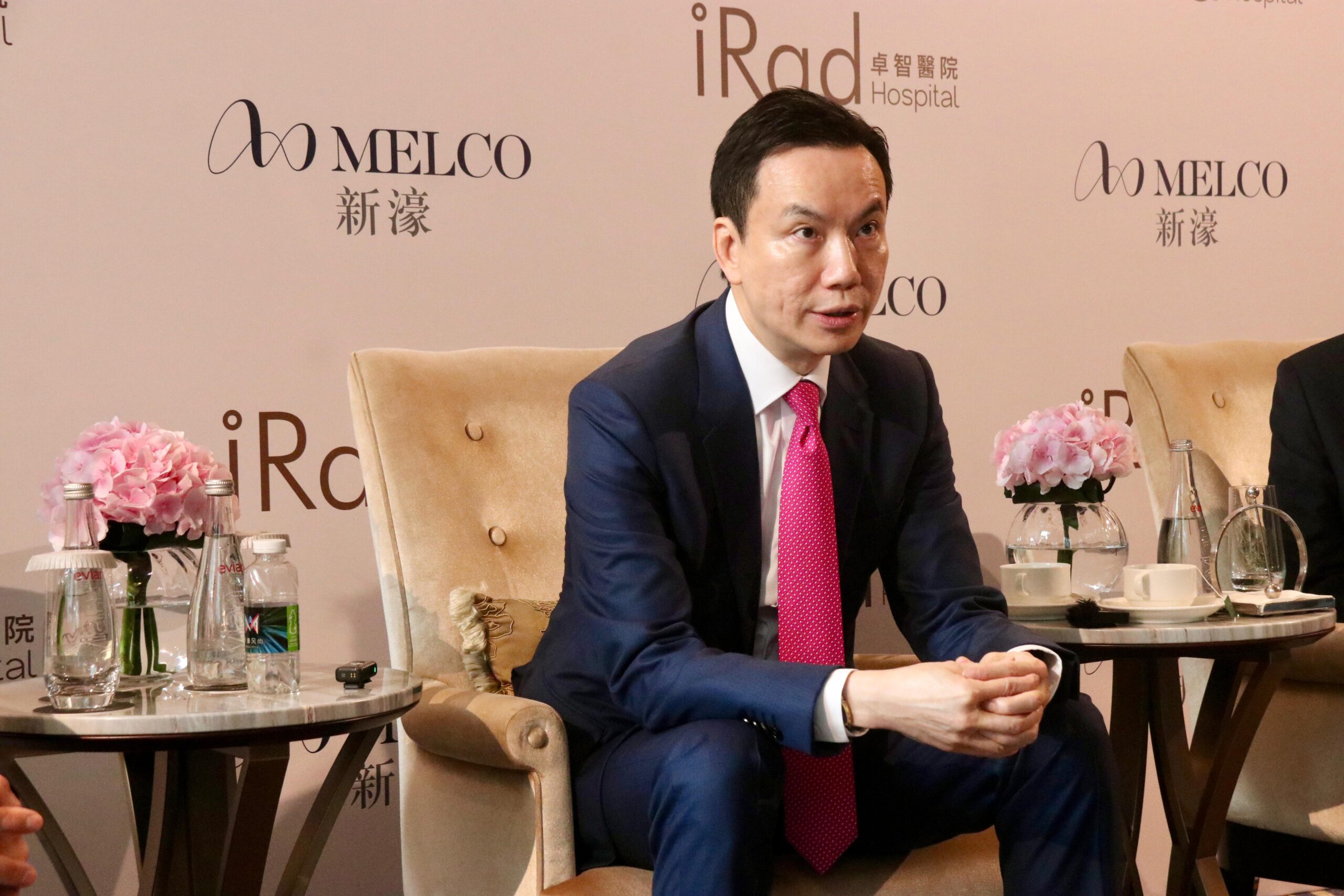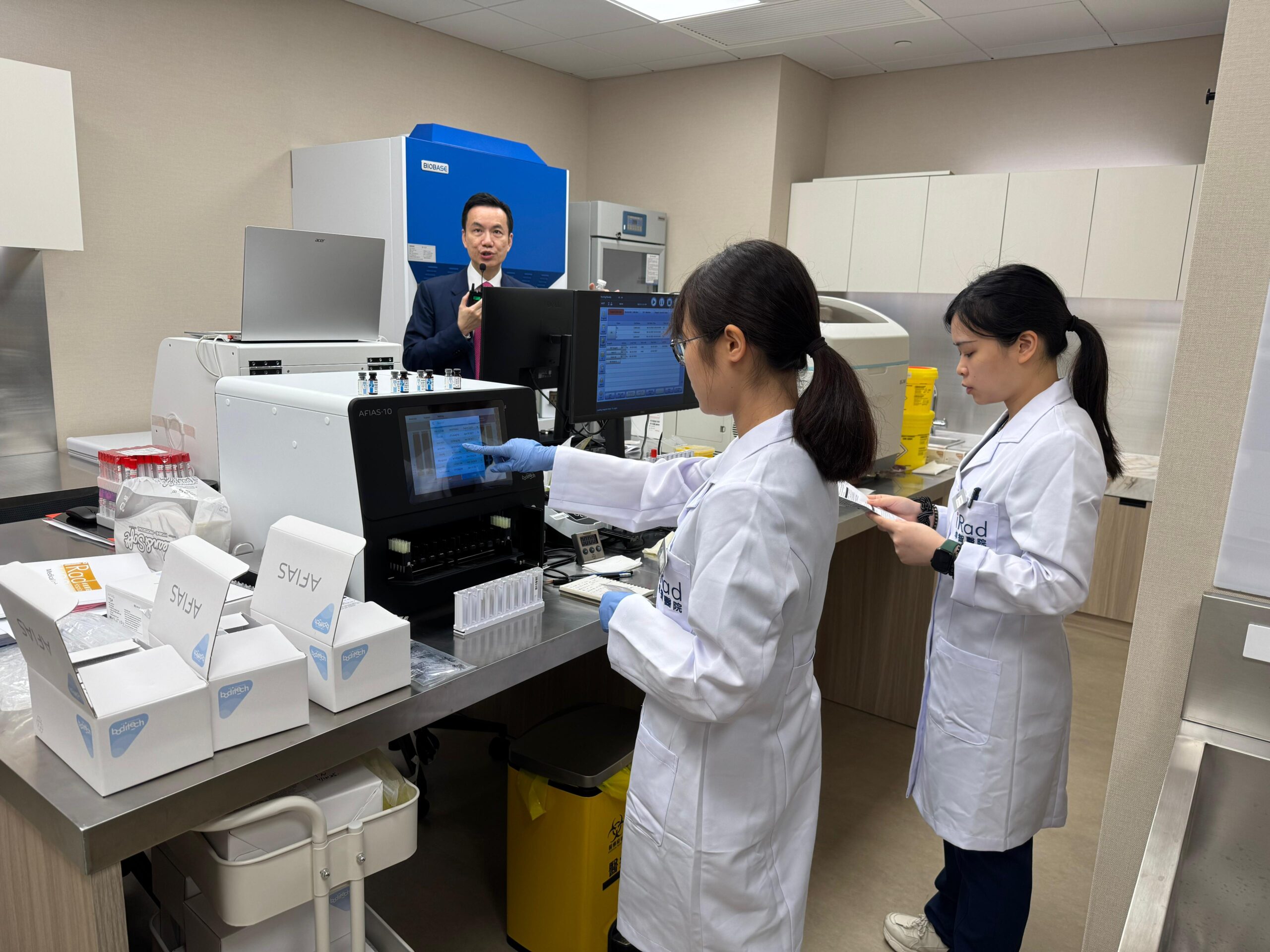
Melco Resorts & Entertainment has officially opened iRad Hospital within its Studio City integrated resort in Macau, delivering what it touts as the world’s first integrated-resort hospital equipped with both MRI and CT scanning capabilities. This initiative is part of Melco’s broader pivot to diversify Macau’s economy by anchoring medical tourism at its entertainment hubs. The facility provides health screening, diagnostic imaging, aesthetic treatments, longevity services, and medical concierge support — all under one roof in approximately 15,000 sq ft.


At the opening ceremony, Melco’s senior leadership reiterated the strategic alignment of this project with Macau’s “1+4” plan for economic diversification. Melco Chairman & CEO Lawrence Ho emphasized that by embedding cutting-edge medical capabilities within Studio City, the resort would evolve into a destination not just for entertainment, but for health and wellness. He thanked the Macau government for support and described the effort as a vital step toward reinforcing non-gaming revenue.
But perhaps the most telling remarks came from Dennis Tam, Honorary Chairman of iRad. Tam framed this hospital as a keystone in Macau’s push to become a regional medical hub: “We are privileged, together with our partner Melco, to announce our first medical project in Macau, marking a significant contribution to supporting the Macau government’s initiative of positioning the city as a state-level regional medical hub.” He went on to state: “As the leading private-sector diagnostics medical group in Hong Kong, we are confident that this health and wellness project will establish a new benchmark for medical excellence in Macau, attracting patients and visitors from across the region.”
Tam also underscored the uniqueness of the model: “At iRad, we are proud to introduce the first and largest hospital in the world to feature both MRI and CT scan equipment within an integrated resort.” He remarked on Macau’s tourism potential as a foundation: “With its large and growing tourism sector, projected to welcome 38–39 million visitors annually, Macau offers an unparalleled opportunity to become the leading regional medical tourism destination.” His statements cast iRad Hospital not merely as a facility, but as a strategic anchor in a more ambitious regional positioning.


Beyond the speeches, the operational model is designed to be sustainable. Melco provides capital and infrastructure support in the early phase, while iRad assumes responsibility for the medical operations, equipment, and diagnostics. Under the concession, iRad will pay a fixed monthly fee or share a percentage of revenue and may acquire the equipment at minimal cost after the term.
The inclusion of Tam’s vision adds a layer of credibility and ambition. His emphasis on excellence, regional reach, and medical benchmarks signals that iRad Hospital aims to operate at global standards. If Macau can support that with regulatory, talent, and infrastructure backing, Melco’s integration of hospitality and health care could set a new blueprint for medical tourism in destination resorts.


 Content Writer: Janice Chew • Tuesday, 25/10/2025 - 15:27:23 - PM
Content Writer: Janice Chew • Tuesday, 25/10/2025 - 15:27:23 - PM